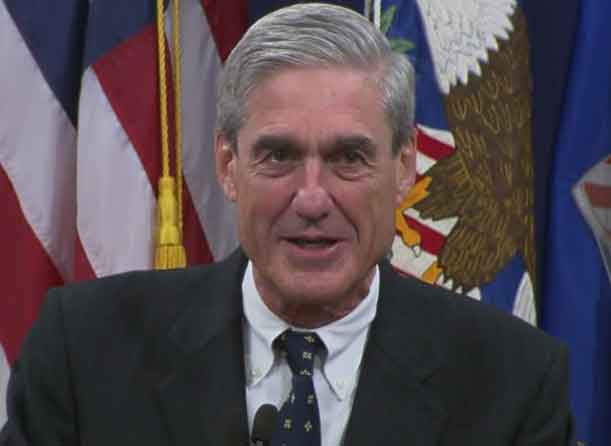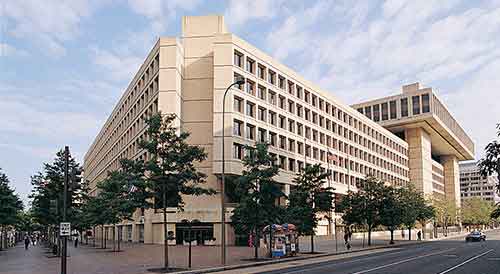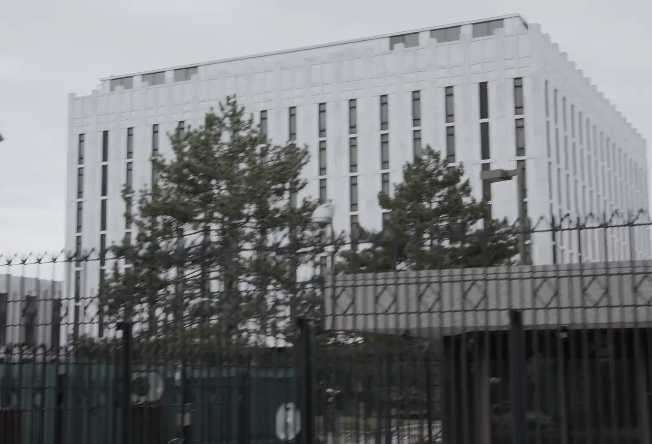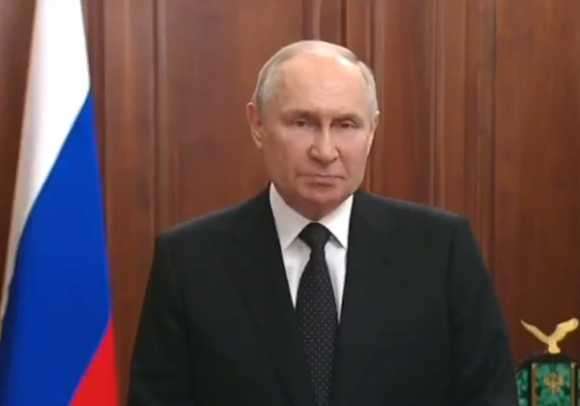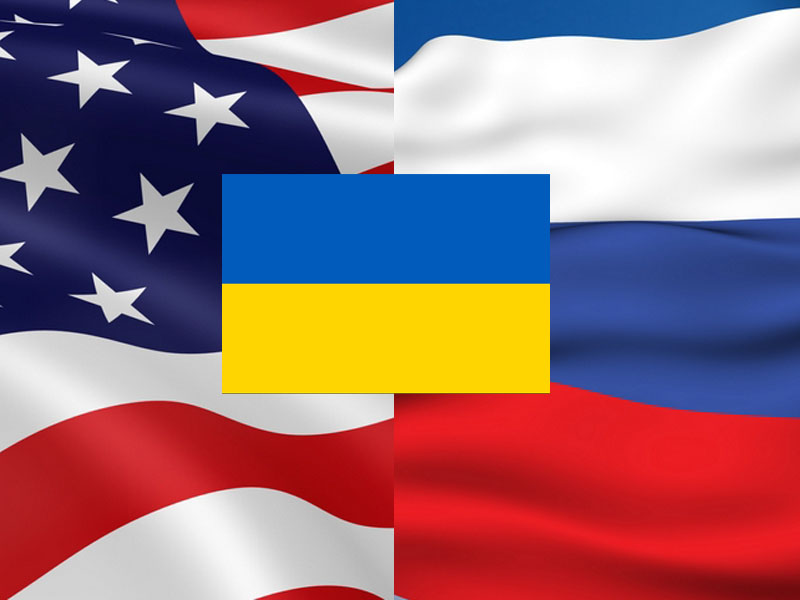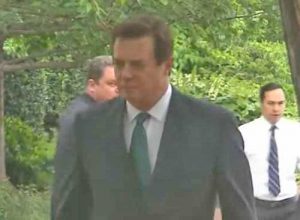
WASHINGTON — U.S. Federal Bureau of Investigation agents raided the home of President Donald Trump’s former campaign chief in the pre-dawn hours late last month, intensifying their probe of Russian interference in last year’s presidential election.
The raid on the home of Paul Manafort, a long-time Republican political operative who has had deep financial ties to Russia and Ukraine, occurred just outside Washington in suburban Virginia and without warning.
Aides to the 68-year-old Manafort confirmed Wednesday that federal agents executed a search warrant on July 26, seizing documents and other materials.
The raid came just hours after Manafort had met voluntarily with the Senate Intelligence Committee, one of several congressional panels investigating possible collusion between Trump campaign officials and Russian officials aimed at helping Trump win last November’s election.
The raid, however, was conducted as part of the criminal probe overseen by Special Counsel Robert Mueller. He is a former FBI director who was named to probe the links between the Trump campaign and Moscow, and whether Trump obstructed justice by firing James Comey, another former FBI director, while he was leading the agency’s investigation before Mueller took over.
Trump said days after ousting Comey that he was thinking of “this Russia thing” when he decided to fire Comey, later boasting to Russian officials at a White House meeting that he’d been relieved of “great pressure” by dismissing Comey, whom he described as “crazy, a real nut job.”
Manafort’s activities on behalf of Trump and lobbying connections to Russia before he headed the Trump campaign from June through August of last year are one focus for Mueller and congressional investigators.
Trump Tower meeting
Of particular interest is a June 2016 meeting at Trump Tower in New York that Manafort attended along with Trump’s eldest son, Donald Trump Jr., and Trump’s son-in-law, Jared Kushner.
The younger Trump set up the meeting after an exchange of emails with an intermediary representing a Russian attorney, whom the go-between said would hand over incriminating material about Trump’s election opponent, Democrat Hillary Clinton. The younger Trump was told the lawyer represented the Russian government in its efforts to help Trump win.
Since then, the younger Trump and Kushner have told investigators that the lawyer had no material damaging to Clinton, and that nothing came of the meeting.[xyz-ihs snippet=”Adsense-responsive”]The White House has said that President Trump was unaware of the meeting at the time it occurred, but acknowledged recently that he “weighed in” on a statement his younger son released to The New York Times claiming that the meeting was about U.S. sanctions against Russia and Moscow’s subsequent ban on adoptions of Russian children by Americans. It was an explanation for the meeting that unraveled within days, when its link to the campaign became clear after the younger Trump disclosed the contents of the emails.
With his election effort floundering at the time, Trump named Manafort as his campaign chief in June 2016, but his tenure lasted only a couple months.
He resigned as questions surfaced about millions of dollars he reportedly received for lobbying efforts on behalf of former Ukrainian president Viktor Yanukovych, a pro-Moscow ruler toppled in the 2014 Ukrainian uprising who fled to Russia as violence erupted in the streets of Kyiv.
It was not known when Trump might have learned of the raid on Manafort’s home.
But just hours after it occurred on July 26, in a Twitter comment, Trump criticized Attorney General Jeff Sessions for not firing the acting FBI director at the time, Andrew McCabe, whom Trump described as a friend of Comey’s who had headed the investigation of Clinton’s use of a private email server while she was secretary of state and had cleared her of wrongdoing.
The U.S. intelligence community has concluded that Russian President Vladimir Putin personally directed a campaign aimed at helping Trump claim the White House. Trump has largely been dismissive of the Russian investigations, deriding them as a “witch hunt” and an excuse by Democrats to explain his upset victory over Clinton at a time when major U.S. pollsters were predicting she would win.
Source: VOA

